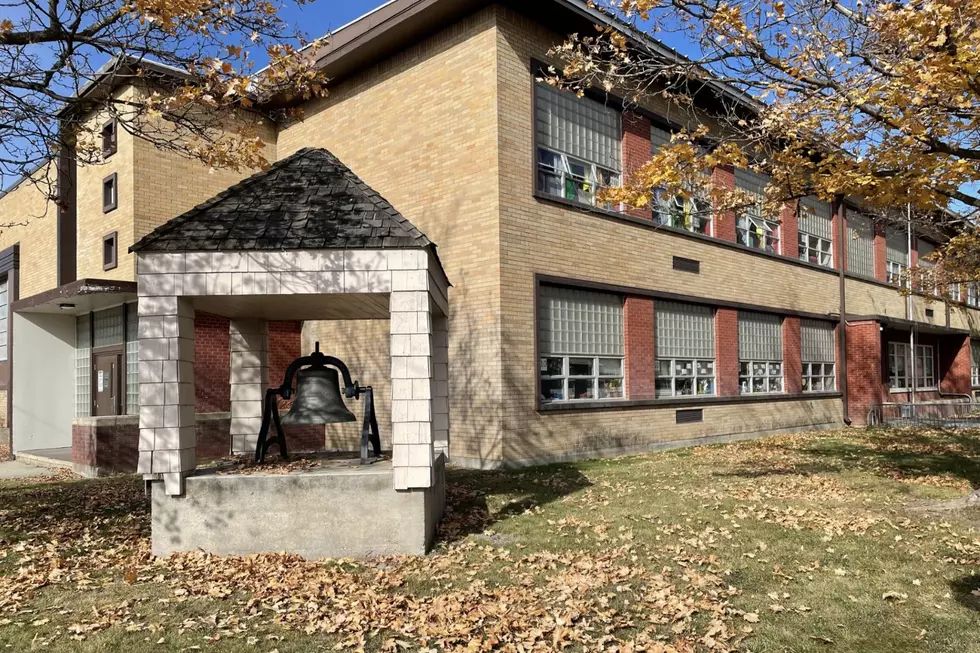
Expert Says Montana Polygamists Have “Clear” Supreme Court Case After Same-Sex Ruling
While commenting on constitutional matters during Talk Back this week, July 7, former University of Montana Law Professor Rob Natelson says the U.S. Supreme Court’s recent ruling on same-sex marriage opens a door to even more types of marriage than discussed in Justice Anthony Kennedy’s majority opinion.
"[The Supreme Court justices] could have used the Full Faith and Credit Clause, they could have used the Equal Protection Clause, but they chose to use instead the Due Process Clause," said Natelson. "The Due Process Clause offers a lot more opportunity of the constitutionalization of plural marriage than the Full Faith and Credit Clause or the Equal Protection Clause would have. [...]If same-sex couples can make a claim for the recognition of civil marriage under the due process clause, I think it's rather clear that polygamous couples and, perhaps, polyandrous couples can as well."
Natelson argues that the use of terms like "autonomy" and "personal expression" in Obergefell v. Hodges also help make the case for plural marriage.
On June 30, Montana resident Nathan Collier filed for a second marriage license in Yellowstone County and was turned away, but Natelson says if Collier brings it to court, he could be successful.
"Is Mr. Collier out to lunch when he suggests that this opinion allows him to have polygamous marriages celebrated?... No he's not," said Natelson. "What he needs to do is he needs to go to court and he needs to demonstrate that the wording of the Supreme Court's opinion is such that it permits him to enter into polygamous marriage, and I think there is some chance he will be successfully."
Natelson’s opinion on the matter bears more weight than most pundits as his work is frequently cited by the U.S. Supreme Court. Natelson was referenced just last month by Chief Justice John Roberts in his dissent in Arizona Legislature V. Arizona Independent Redistricting Commission.
More From Newstalk KGVO 1290 AM & 98.3 FM









